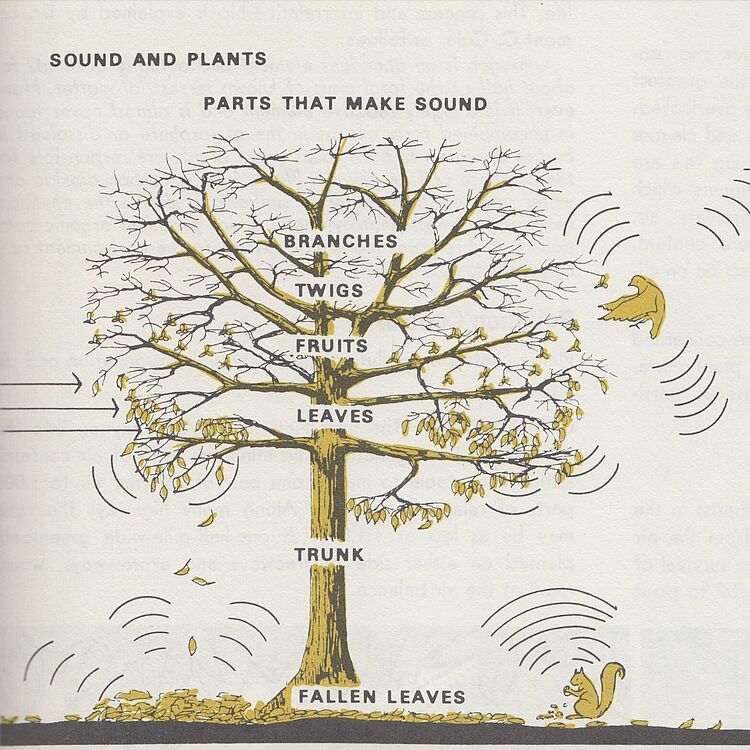Online Teilnahme:
https://zoom.us/j/95603412698?pwd=lWi9j5gEC1WV5VKIx8RbQOYKsaCJIQ.1
Meeting-ID: 956 0341 2698
Kenncode: 135860
Prof. Dr.-Ing. Sonja Dümpelmann
Sounding Extreme Environments: Plants, Acoustics, and Urban Space
Abstract
Plants make sound, and they scatter sound. They also buffer, attenuate, and absorb sound, thereby creating specific acoustic environments. This presentation will show how after the Second World War, acousticians, engineers, and landscape architects studied and probed the use of plants for sound management and noise abatement, from the scale of urban streets and sidewalks to the regional scale of airports and agricultural lands. This instrumental and applied plant acoustics research was carried out alongside the first postwar forays into what today is called plant bioacoustics, i.e. the science of plants’ production and response to sound.Plant acoustics built upon expertise gained for warfare. It was related not only to crisis events in human history but to the exploration of extreme environments such as oceans and tropical forests. Although knowledge in plant acoustics has contributed to shaping and atoning extreme urban living environments, plants’ inter-sensorial effects have nevertheless been conducive to its neglect and obfuscation.
CV
Sonja Dümpelmann is Professor and Chair of Environmental Humanities at Ludwig Maximilian University of Munich and a historian of landscapes and the built environment. She was previously Professor in the Department of Landscape Architecture at the University of Pennsylvania Stuart Weitzman School of Design and taught for almost twenty years in the United States. Her most recent books are Landscapes for Sport: Histories of Physical Exercise, Sport, and Health (ed., Dumbarton Oaks Research Library and Collection, 2022) and Seeing Trees: A History of Street Trees in New York City and Berlin (Yale University Press, 2019). Among other things, she is currently at work on a book on trees in the history of public health.

 Bild: Washington D.C.: U.S. Department of the Interior, National Park Service, 1972
Bild: Washington D.C.: U.S. Department of the Interior, National Park Service, 1972